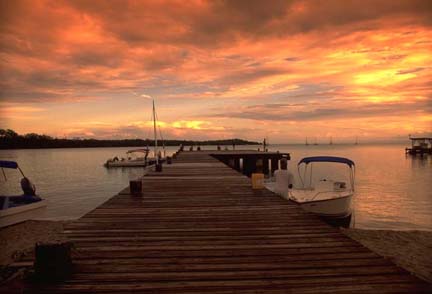Rural Ecotourism Assessment Program (REAP)

Hopkins Village and the Seine Bight-Placencia Peninsula, Belize
The International Ecotourism Society (TIES) received an 18-month grant from the Summit Foundation to develop a model process, Rural Ecotourism Assessment Program (REAP). The basis behind REAP is that for a community-based ecotourism or CBT enterprise to be successful, it must do three things:
1) understand and meet the social and cultural needs of the community, 2) realistically deliver a long-term, quality ecotourism product, and 3) make specific efforts to connect these products to international and local markets.
REAP is a model process which evaluates these three components in any rural community worldwide. The REAP process also helps conservation NGOs, government and development agencies determine when and where it is appropriate to invest money in community programs.
Dr. Lash was hired to develop this model, while simultaneously testing it in two communities in Belize. With her co-investigator, Alison Austin-Bruyning, she created a community evaluation process (using key informant interviews, target interviews, and focal group meetings, among others), presenting the findings in a SWOT (Strengths, Weaknesses, Opportunities, and Threats) format to villagers for clarification and use. Collaboration with the marketing team of REAP researchers was essential to linking community products to overall national and international markets. Action plans/Next steps were identified for the Belize case study, and presented to local, national, and international stakeholders.
The REAP Model Guide is published for global use at http://www.eplerwood.com
or download a copy HERE